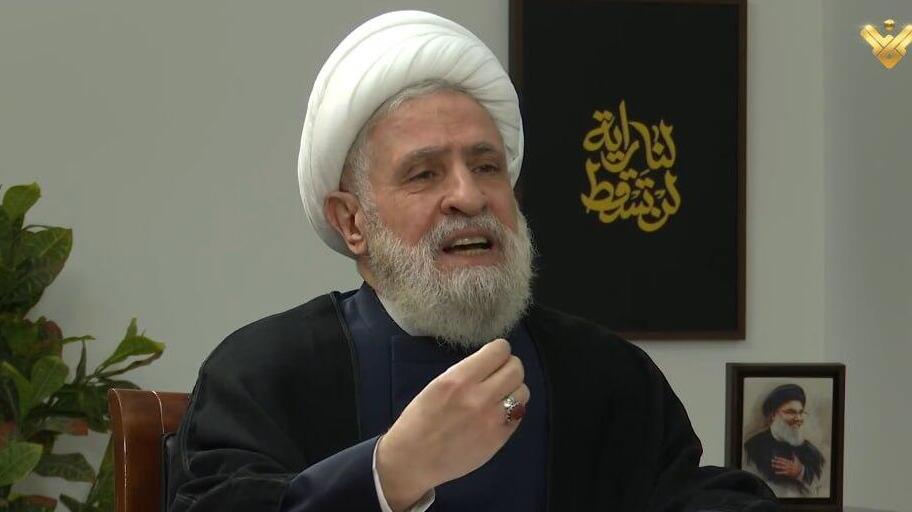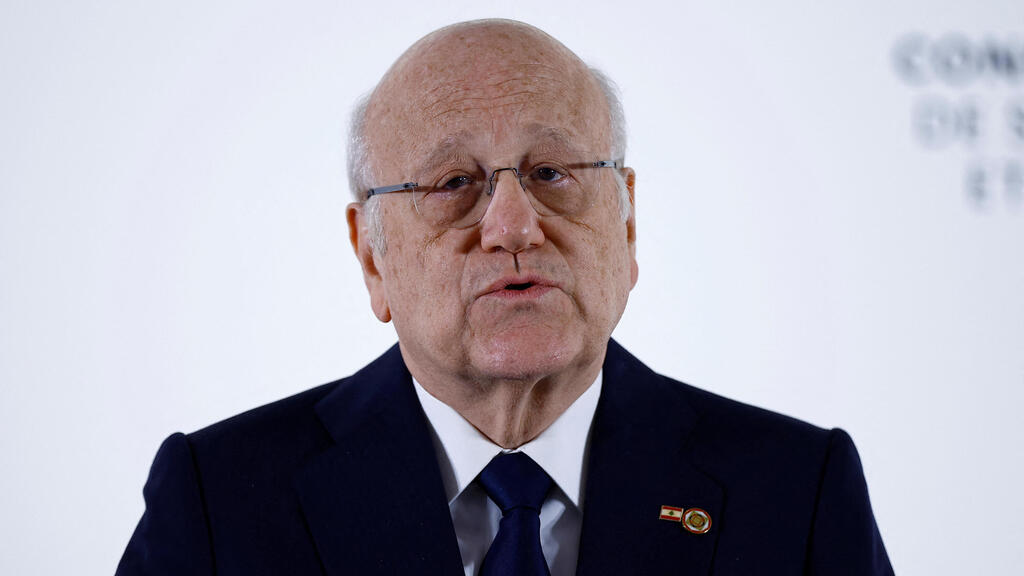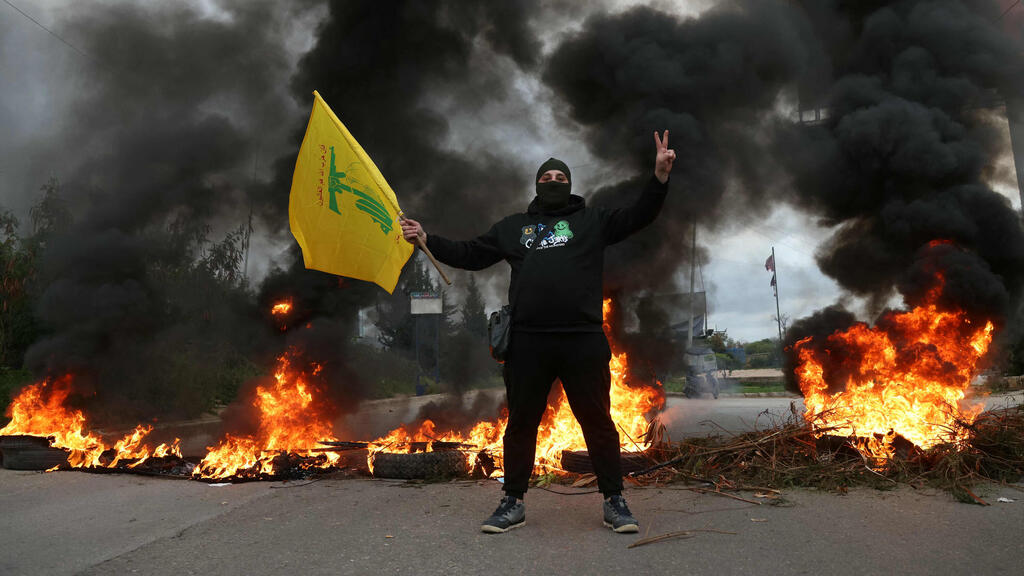Getting your Trinity Audio player ready...
After electing a president and forming a government following two years of political deadlock, Lebanon’s political class faces its biggest challenge yet: disarming Hezbollah. The Shiite terror militia has been severely decimated during the 14-month conflict with Israel.
The brutality of last fall’s bombings wiped out much of the group’s political and military leadership, killing its leader of the past 32 years, Hassan Nasrallah, and his intended successor in the same week. However, the political party continues to mobilize much of the Shiite community and is a prominent political force that refuses to give up the hegemony that its weapons give it.
“Hezbollah has lost the war, and the so-called ceasefire agreement imposed on Lebanon was really a surrender agreement, which we see every day,” said Abdallah Khoury, a Lebanese political expert. Since the truce came into effect at the end of November, Israeli forces have continued to attack Lebanon with hardly a rebuke from the U.S.-chaired ceasefire monitoring committee. “In every sense, it is a defeat for Hezbollah and, of course, it is also a defeat in terms of Lebanese sovereignty,” he said.
Despite this tragic reality, not everyone sees it the same way. “The different political camps in Lebanon try to explain the war in the way that best suits their political position: it is not surprising that Hezbollah has pointed to achievements that show its victory in its war against Israel, and it is also not surprising that its opponents point to its defeats to show that Hezbollah has lost the war,” Noah Johnson, senior analyst for Lebanon said.
More than three months after the last war, Israeli forces are still present at five strategic points on the border between the two countries, in clear violation of the cease-fire. The Lebanese militia, the only one that did not lay down its arms at the end of the civil war (1975-1990), is closer than ever to doing so.
Get the Ynetnews app on your smartphone: Google Play: https://bit.ly/4eJ37pE | Apple App Store: https://bit.ly/3ZL7iNv
“Anything is possible,” Johnson said. “It was certainly difficult to even imagine having a conversation about the disarmament of Hezbollah even six months ago, which shows how significant these changes have been throughout the war,” he added. The militia is in a weakened position after Israel destroyed much of its military arsenal, killed thousands of fighters, and seriously wounded many others.
That is why many in Lebanon, especially its detractors, believe that it is now time to seize the momentum and start disarmament. However, they have little time to achieve this because the country will hold elections again in 14 months.
A political source close to Najib Mikati, the outgoing prime minister who took a moderate stance toward Hezbollah, said that “none of the political parties will accept the return of the group’s military capacity [after the war].” However, the delicate sectarian balance underpinning Lebanon’s fragile political system demands caution.
“While Hezbollah should eventually disarm, it should do so gradually because otherwise there could be a high risk of a violent response from it or a state-led political paralysis in which Hezbollah and its allies find ways to block political activity,” Johnson warned.
“If the government does not move quickly to disarm, this momentum could slip away, regional balances could shift [the fall of Bashar Assad, its main ally in Syria, has severely affected the group] and Hezbollah could become stronger on the domestic scene,” he added.
One way the militia could hand over its weapons is through the weak and underfunded Lebanese army. National troops are supposed to take up positions in the south of the country, where Hezbollah reigned supreme until just a few months ago.
However, among the soldiers are many Shiite citizens, the community that Hezbollah represents. The possibility of a direct confrontation with the group would motivate many of them to defect, paving the way for civil conflict.
For Khoury, that scenario is not very probable. “I don’t see it very likely that we will get involved in military action by the army against Hezbollah,” he said. “We will try to move forward in a consensual way towards a solution; Lebanon is not going to get involved in a civil war just because the international community, the Americans or the Israelis want to see Hezbollah weakened,” he added, calling for “patience.”
“The international community should avoid getting involved or interfering in the way the Lebanese should deal with the disarmament of Hezbollah and its political role,” Johnson agreed. “These are issues that affect the daily lives of the Lebanese; therefore, only the Lebanese should decide the future of Lebanon.”





